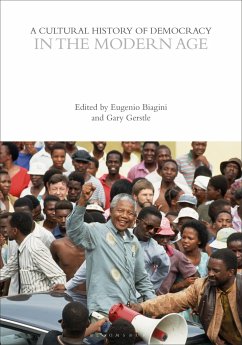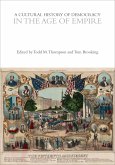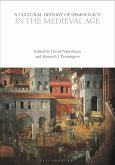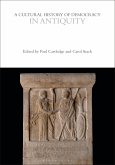This volume explores democracy in the 20th century, examining the triumph, crises, recovery, and resilience of democracy and its associated cultures in this period. From 1920 democracy became the hegemonic discourse in political cultures, to the extent that even its enemies claimed its legacy. The end of empires ushered in an unprecedented globalization of democratic aspirations. Barriers of gender and race were gradually removed, and greater equality gave new meaning to citizenship. Yet, already in 1922 democracy was on its back foot with the rise of fascism. Even after the latter's defeat in 1945, liberal democracy died wherever communist democracy triumphed. The situation changed again from 1989, but democratic hubris was then checked by the rise of a new enemy-populism. The paradox is that the century of democracy's triumph was also that of its near final defeat, while the peace and stability that everybody desired and many expected as the outcome of the extension of democracy were, at best, intermittent and geographically limited. Each chapter takes a different theme as its focus: sovereignty; liberty and the rule of law; the "common good"; economic and social democracy; religion and the principles of political obligation; citizenship and gender; ethnicity, race, and nationalism; democratic crises, revolutions, and civil resistance; international relations; and democratic politics beyond the polis. These ten different approaches to democracy since 1920 offer a global, synoptic, and probing exploration of the subject.








